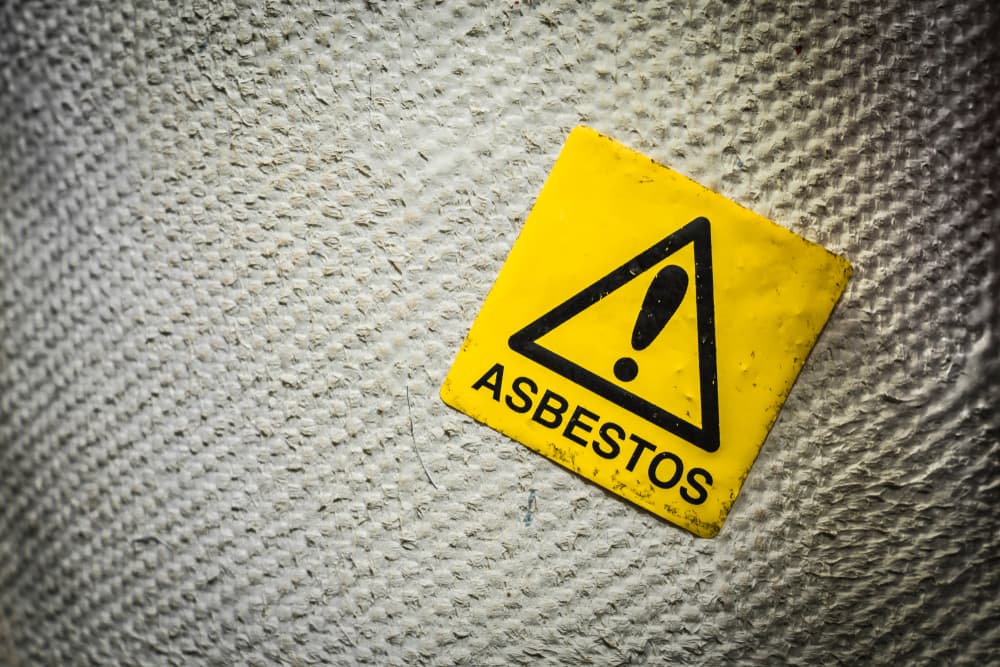The 21st Annual Global Asbestos Awareness Week (GAAW) will be held from April 1 to 7, 2025. The Asbestos Disease Awareness Organization (ADAO), the largest independent U.S. nonprofit dedicated to preventing asbestos exposure and eliminating asbestos-caused diseases, announced this event.
In partnership with international leaders such as the Institution of Occupational Safety and Health (IOSH) and the British Occupational Hygiene Society (BOHS), this year’s GAAW will amplify global collaboration to raise awareness of asbestos’s ongoing—and often underestimated—dangers.
Global Asbestos Awareness Week (GAAW) is collaborating with international organizations such as the Institution of Occupational Safety and Health (IOSH) and the British Occupational Hygiene Society (BOHS) to emphasize the ongoing dangers of asbestos and increase global awareness.
This year’s Global Asbestos Awareness Week (GAAW) campaign will emphasize the importance of international collaboration in addressing the ongoing dangers of asbestos. The campaign will concentrate on the following key areas:
- Promoting a global ban on the mining, manufacturing, and use of all six types of asbestos fibers.
- Preventing asbestos exposure.
- Increasing compliance with and enforcement of existing laws and regulations.
- Strengthening international partnerships to safeguard public health.
A virtual worldwide candlelight vigil will be held on April 7 to honor victims and highlight the urgent need for prevention-focused policy change. This event will mark the culmination of the 2025 GAAW campaign.
Why is Global Asbestos Awareness Week Important?
The history of asbestos is not a happy one.
Asbestos was mined, drilled, blasted, crushed, dried, and milled to extract the fibers from the earth. The refined fibers were then incorporated into thousands of everyday products, including drywall, insulation, pipes, electrical wire, paint, brakes, cement, vinyl flooring, packaging, and cosmetics.
Many people think asbestos exposure is an issue of the past. However, it continues to wreak havoc on the health and safety of innocent people.
Asbestos awareness is crucial for several reasons:
Health Risks: Asbestos exposure is linked to severe diseases, including mesothelioma, lung cancer, and asbestosis. Understanding these risks is essential for protecting public health and safety.
Historical Negligence and Cover-ups: The dangers of asbestos were known as early as the late 1920s. Medical journals published articles linking asbestosis to asbestos exposure. Doctors warned that limiting asbestos exposure was the only way to combat asbestosis. However, asbestos wasn’t regulated for decades. By then, thousands of workers had already been diagnosed with mesothelioma, lung cancer, and asbestosis. Despite the known dangers, workers remained unaware of the deadly side effects of asbestos. The cover-up spanned decades and involved the manufacturers and the government, resulting in thousands of lives lost.
Ongoing Presence and Risk of Exposure: Many older buildings still contain asbestos. Awareness about its presence and danger is vital, especially during renovations or demolition, when fibers can become airborne.
Occupational Exposure: Occupational asbestos exposure is a significant concern. Construction workers, electricians, plumbers, shipyard workers, and firefighters are among the highest-risk professions. It is estimated that over 70% of deaths from occupational cancer are linked to asbestos exposure.
Advocacy for Change: Increased awareness can drive advocacy efforts for a total ban on asbestos, promote better regulations, and ensure compliance with existing laws to protect workers and communities.
Global Impact: The World Health Organization (WHO) estimates that more than 200,000 people die worldwide each year from asbestos-related diseases. The latency period for these diseases can be decades, meaning that individuals exposed to asbestos may not develop symptoms until many years later.
Prevention and Action: Individuals can take preventive measures by raising awareness, such as properly managing asbestos-containing materials and using protective equipment.
Raising awareness about asbestos is pivotal in preventing exposure, protecting public health, and driving policy changes to eliminate this hazardous substance.
What You Need to Know About Asbestos
Asbestos, a naturally occurring mineral, was once widely used in construction and other industries due to its heat resistance and durability. However, it has been proven that there is no safe level of asbestos exposure. Inhaling or ingesting even a minuscule amount of asbestos fibers can lead to severe and often fatal diseases.
Despite its known dangers, asbestos remains in numerous older buildings, including workplaces, homes, schools, and hospitals. These fibers can become airborne during renovations, demolition, or even through natural deterioration of materials.
All types of asbestos—including chrysotile, amosite, and crocidolite—are carcinogenic and can cause mesothelioma, lung cancer, asbestosis, and other debilitating conditions. Mesothelioma, a rare and aggressive cancer that affects the lining of the lungs, abdomen, or heart, is almost exclusively caused by asbestos exposure.
Raising awareness about the dangers of asbestos and taking preventive measures to minimize exposure is crucial. This includes proper identification and management of asbestos-containing materials, the use of protective equipment, and safe work practices during renovation or demolition activities.
How You Can Participate and Support GAAW 2025
Help promote life-saving education, advocate for a total ban on asbestos, and raise awareness about the deadly diseases it causes by participating in Global Asbestos Awareness Week.
Ways to Participate in GAAW
- Join local events that advocate for a complete asbestos ban.
- Donate to the Asbestos Disease Awareness Organization (ADAO) to support the ban on asbestos
- Share information about the dangers of asbestos on social media using #2025GAAW
- Sign the ADAO petition to ban asbestos
- Show support by wearing blue for asbestos awareness
- Contact your state representatives and urge them to support a complete asbestos ban by passing the Alan Reinstein Ban Asbestos Now (ARBAN) Act
Vogelzang Law is Here to Help
At Vogelzang Law, we are always committed to our clients and bring them the justice they deserve.
Don’t hesitate to contact us if you have any questions about potential exposure or want to know more about your rights.



